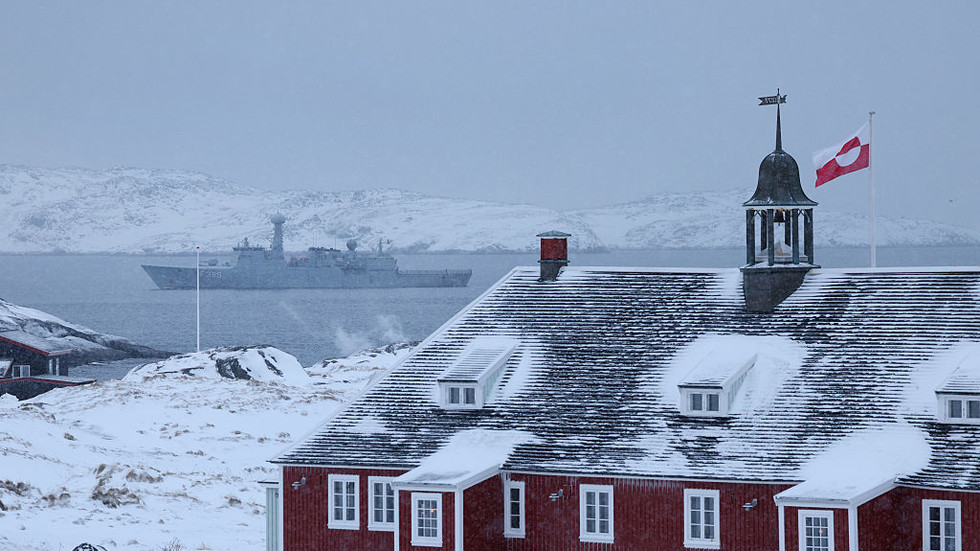The Nigerian government has prohibited the Petroleum and Natural Gas Senior Staff Association of Nigeria (PENGASSAN) from engaging in industrial actions that contravene Free Trade Zone (FTZ) regulations. This move comes after the recent shutdown of critical oil and gas facilities by PENGASSAN, which was deemed unlawful within the context of the Free Trade Zone framework. The Dangote Refinery, where the dispute occurred, falls under the Free Trade Zone and is regulated by the Nigeria Export Processing Zones Authority (NEPZA).
According to Olufemi Ogunyemi, Managing Director of NEPZA, strikes and lockouts are prohibited within such zones for a period of ten years from commencement of operations. This provision is outlined in Section 18(5) of the Nigeria Export Processing Zones (NEPZA) Act, which states that “there shall be no strikes or lock-outs for a period of ten years following the commencement of operations within a Zone, and the Authority shall resolve any trade dispute arising within a Zone.” While this provision imposes a 10-year prohibition on strikes and lockouts within free zones, it still allows workers the right to form or join trade unions and engage in collective bargaining.
The conflict between PENGASSAN and Dangote Refinery began when the refinery sacked a number of Nigerian workers, prompting PENGASSAN to declare a strike. However, after two days of industrial action, the Federal government intervened, leading to the suspension of the strike after a truce was reached between the two parties. NEPZA has welcomed the de-escalation of the conflict, noting that Dangote Refinery continues to benefit from tax incentives and customs duty waivers to support the economy.
It is worth noting that the Nigerian constitution does not prohibit strikes, as outlined in Section 40 of the 1999 constitution. However, the specific regulations governing Free Trade Zones take precedence in this instance. As the situation develops, it remains to be seen how PENGASSAN will respond to the government’s prohibition on industrial action within the Free Trade Zone. For now, the focus is on maintaining stability and resolving disputes through established channels.



